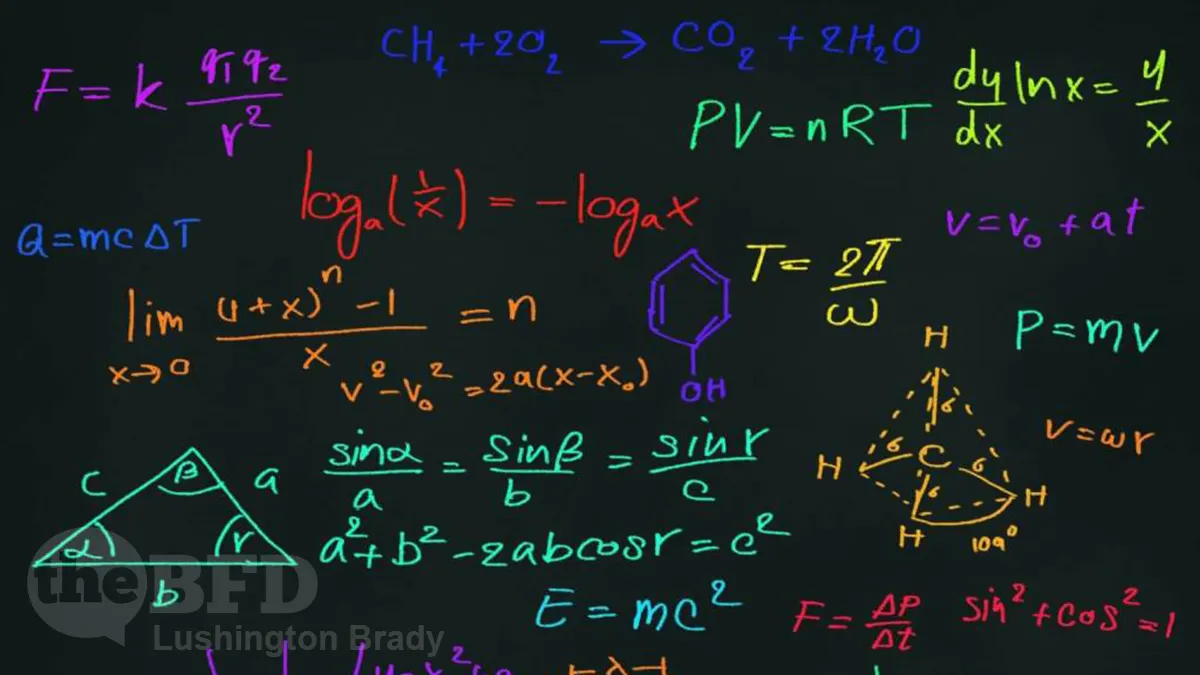Table of Contents
Talk about ‘Simpsons did it!’ In one episode of the venerable TV show – back in the halcyon days before it jumped the shark – Springfield Elementary tries to empower the girls by separating them from the boys. In the girls’ ‘maths’ class, Lisa is dismayed that the maths lesson” consists of nothing but fairy-floss about feelings.
“Are we gonna do any actual math problems?” she asks, in dismay.
“Problems?” snorts the teacher. “That’s how men see math: something to be attacked, to be ‘figured out’.”
As Lisa says, though, that’s the whole point of maths: solving problems. “Confidence building,” she says, “can’t replace real learning.”
Engineers Australia has apparently decided that it can.
Engineers Australia has criticised the “boring” teaching of maths and plans to parachute retired engineers into classrooms to teach hands-on maths and science.
Chief Engineer Jane MacMaster on Wednesday said Australia needed more students, especially girls, studying higher-level maths at school to prevent skills shortages for hi-tech industry.
Why, “especially girls”? Oh, of course: engineering is an overwhelmingly male profession. Oddly, though, we don’t see the same fretting over overwhelmingly female professions like teaching or health care. Biologists aren’t demanding to attract more men to their gender-imbalanced field. Women aren’t exactly clamouring to break into male, but unglamorous, careers like sanitation.
She said much of maths teaching in schools was so theoretical that children and teenagers could not relate to it and found it boring.
I suspect that by “boring”, she really means hard.
Which, as Lisa Simpson would say, goes with the territory. High-level maths is by its very nature theoretical.
But, here’s the thing: just because advanced maths is theoretical and really hard, doesn’t mean that it’s “boring”. I’ll confess: I struggled with higher-level maths in my final year of high school. Not because it was boring, but because it was hard and I wasn’t that great at maths. But, even though I struggled, I found it absolutely fascinating. I still do, which is why, as an adult, I will sometimes tackle online lessons in stuff like algebra, calculus and so on. Not because I have to, or because I get paid for it, but because it’s interesting.
Still, it’s not as if all of MacMaster’s suggestions are without merit.
Ms MacMaster – who is on the technology working group of the Australian Curriculum, Assessment and Reporting Authority – is working with the federal Education Department to try to recruit more engineers to teach STEM subjects in schools.
She has written to federal Education Minister Jason Clare to suggest scientists and engineers be parachuted into school classrooms without having to complete a two-year master’s degree in teaching. “It would be great to explore alternative ways of becoming a teacher if you have many years of industry experience,” she said.
“If we want more STEM (science, technology, engineering and maths) teachers, particularly those who can teach mathematics and science in an applied manner, it’s something we should explore.
“We need to reignite the inspiration and passion for STEM.”
The Australian
On that, I wholeheartedly agree.
But we’re entitled to ask why there’s so much concern about girls, when, in fact, girls are consistently outperforming boys at every level of education.
Perhaps it’s time to start putting in programmes for boys. Remind them that Boys Can Do Anything!
Or would that be threatening to the narrative?









